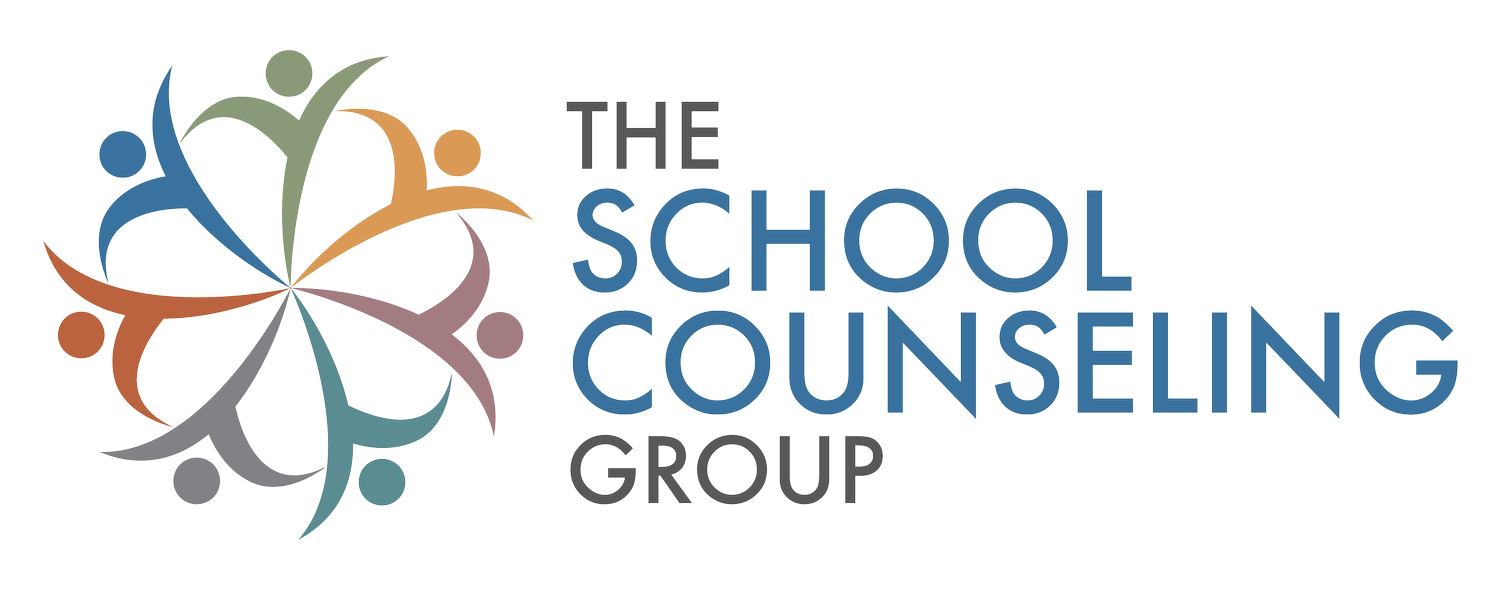Boundaries and Consequences
Parents are understandably concerned about the best ways to set boundaries and manage consequences. On the one hand, they know their role is to establish structure, safety, and reasonable expectations for their child. On the other, they worry about striking the right balance, in order to maintain flexibility and, most importantly, to preserve tender relationships. Often, when parents ask how precisely to design rules or set limits, I’ll remind them that only the perfect parent (who doesn’t exist) can perfectly balance boundaries and nurture (some have termed this a balance of “containment” and “attunement”). We are all learners here…
I remind parents that their role is to facilitate individuation and emotional maturity, not to be the child’s best friend (though that may come in time). With these understandings in mind, boundaries are naturally designed from a relationship-based perspective built on regard for the validity of each child’s unique experiences, and their capacity to reflect upon and learn from them. After all, it is only through experience and subsequent reflection that we grow.
It’s not so much about precision here as bearing in mind the following as you consider limits and consequences: Where am I coming from right now? Am I aligned with my role as facilitator of emotional growth? Am I overly concerned right now with my own fears and anxieties about my child's well-being or her future?
If your focus is too much on seeking accountability through rules without counter-balancing nurture (a parent's responsibility to facilitate emotional growth, not just cater to a child’s well-being in the moment), it’s not hard to imagine how a child could become dependent, defiant, or perhaps dependent in a hostile way (none of these are easy on the parent either, especially in the long run). Where nurture is missing or confusing, the child has no choice but to fall into line, openly rebel or manipulate. However, if the focus is entirely on nurture without limits, it’s not hard to imagine how a child could become equally dependent or helpless. Neither path inspires eventual healthy autonomy.
Ultimately, however, if you have to be imperfect, I’d rather you err on the side of nurture. As long as you are coming from a loving place of clear regard for the validity of your child’s emotional experience as the primary field for developing responsible autonomy (and all that comes with it, such as grit, resilience, compassion etc.), you will do just fine in setting boundaries, managing consequences, and making necessary adjustments along the way. Your child will feel loved and validated and will know that your imperfect efforts to parent are always coming from a good, relational place. You and your child will continue to love and to grow.

